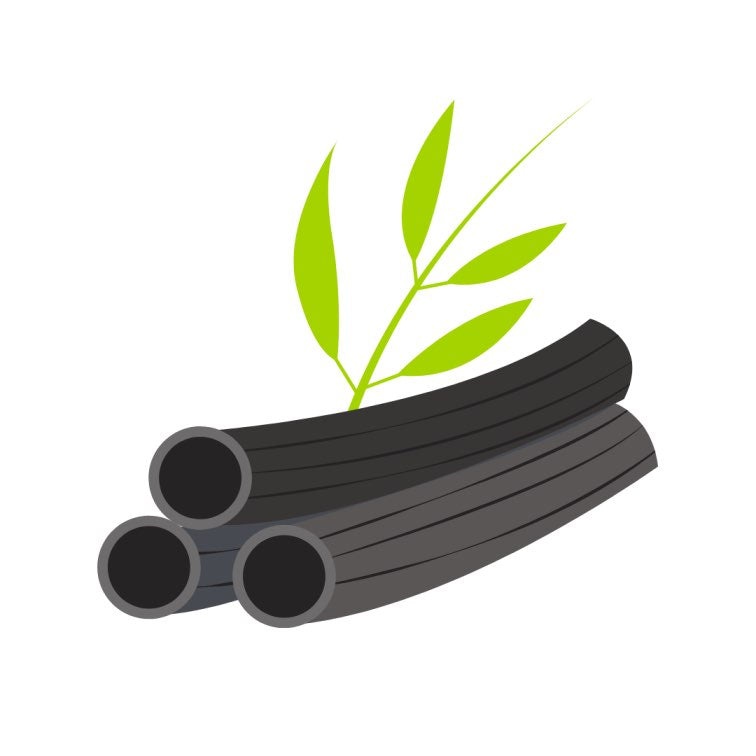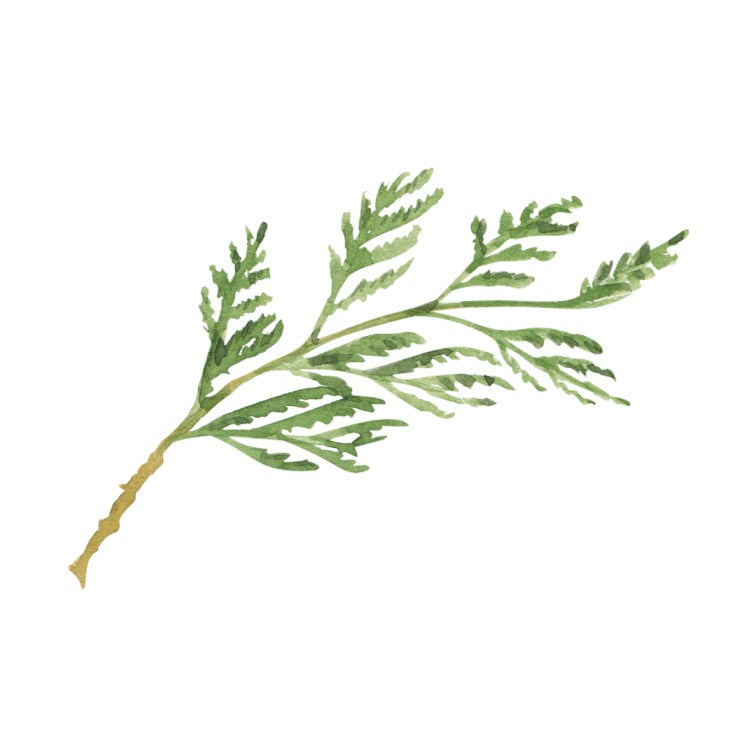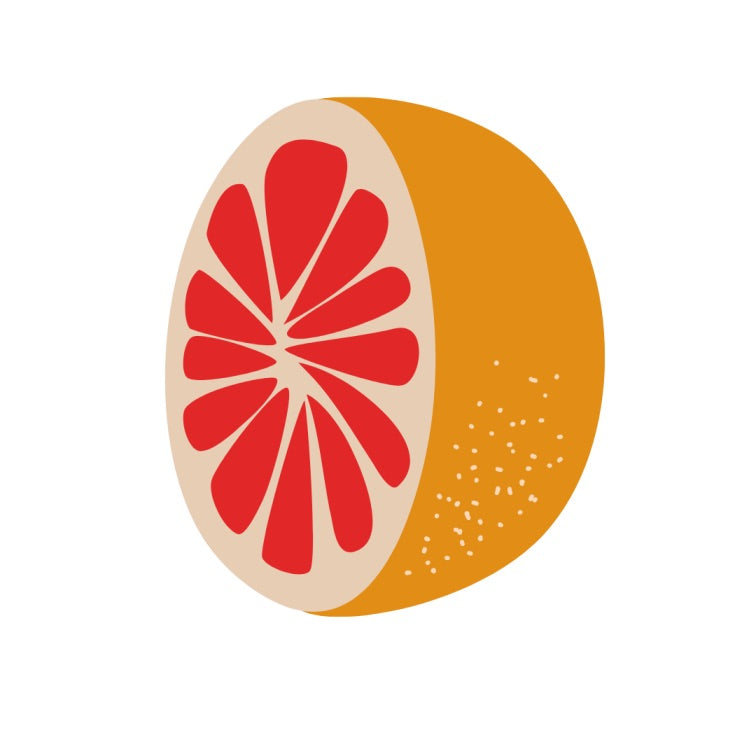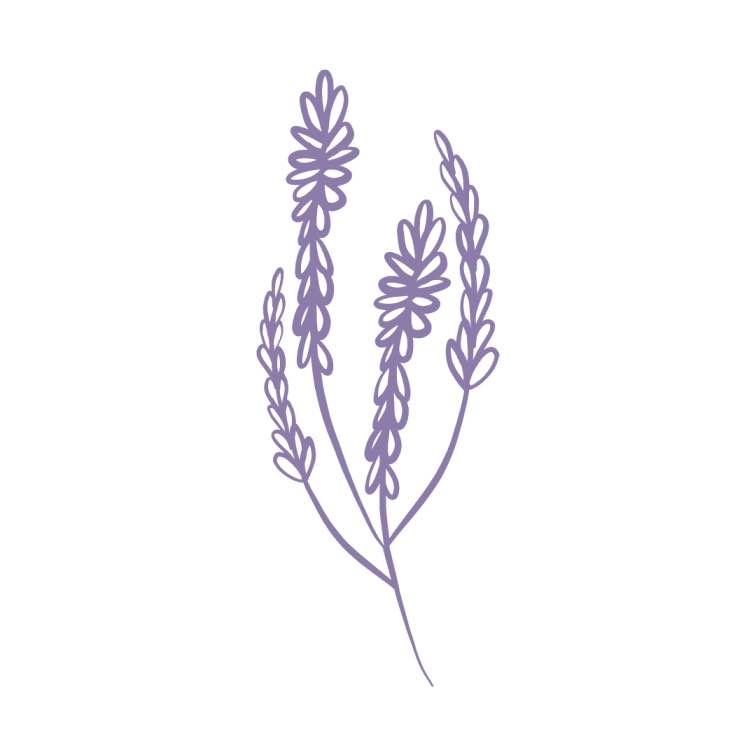Welcome to Sustainable Materials 101, where we'll be exploring some of our top picks for a greener tomorrow. From sustainable fabrics to sustainable packaging options, we'll be sharing everything you need to know to easily shop for and adopt a more sustainable lifestyle.
But before we dive in, let me introduce myself. My name is Snow and I'm a huge advocate for living a more eco-friendly and sustainable life. I've always been fascinated by the power of individuals to make a positive impact on the environment, and I believe that small changes can add up to make a big difference.
So, if you're ready to learn about some of the best sustainable materials out there and how you can easily incorporate them into your life, let's get started!
First, What Are Sustainable Materials?
Sustainable materials are those that can be used without depleting or damaging the environment. Examples of sustainable materials include:
- Bamboo
- Hemp
- Organic cotton
- Stainless steel
- Aluminum
- Glass
- Organic Linen
- Cork
- rPet
- Tencel
- Silicone
- Organic and cruelty-free wool
What Does a “Sustainable Material” Mean?
Let’s dig a little deeper. A sustainable material is a material that can be used without harming the environment or depleting natural resources. Some criteria for determining if a material is sustainable include:
- It is renewable, meaning it can be replenished or regenerated in a short period of time.
- It has a low impact on the environment, meaning it requires fewer natural resources to produce and generates less waste during its lifecycle.
- It is biodegradable, meaning it can break down naturally in the environment.
When it comes to choosing materials for products, it is important to consider their sustainability. Here are some of the top 12 sustainable materials to consider:
1. Bamboo
Bamboo is a fast-growing grass that can be harvested without damaging the plant. It is also naturally pest-resistant, so it requires fewer chemicals in its production. Bamboo is a sustainable option for building materials, furniture, textiles, paper, food and medicine, landscaping, biodegradable products, and more.
Get eco-friendly with your shopping and upgrade to bamboo! This Bamboo Hair Brush is a natural and sustainable alternative to plastic and synthetic hair brushes.
2. Hemp
Hemp is a durable and versatile plant that requires little water and pesticides to grow. It can be used to make building materials, clothing and textiles, food and supplements, plastic substitutes, biodegradable products, paper, fuel, cosmetics, and so much more.
3. Organic cotton
Organic cotton is one of many eco-friendly fibers and it’s grown without the use of synthetic pesticides and fertilizers, making it a more sustainable option than conventionally grown cotton. It is also typically produced using more environmentally-friendly methods, such as handpicking and natural pest control. It can be used to make clothing and textiles, home furnishings, diapers, feminine hygiene products, toys, bags, shoes, art supplies, personal care products, and more.
Add a little organic cotton to your life! This stylish and roomy zipper lunch bag from Fluf is perfect for taking lunch on the go.
4. Stainless steel
Stainless steel is a durable and long-lasting material that can be recycled indefinitely without losing its quality. It is a sustainable option for a variety of products, including kitchen appliances and cookware, building materials, medical and dental instruments, and more.
Upgrade to stainless steel for a durable and environmentally friendly choice in your shopping. This Bento Lunch Box from ECOlunchbox is a stylish and practical solution for packing and transporting your meals.
5. Glass
Glass is a material made from natural resources such as sand, soda ash, and limestone. It is 100% recyclable, which means it can be melted and reused multiple times without losing its quality. It is also a non-toxic material, which is safe for human health and the environment. Glass is a sustainable option for building materials, packaging, containers, and many other products. It can also be used in construction, automotive, and solar energy industries. Glass is a durable and versatile material that can be used in many sustainable ways, reducing the need for new natural resources and waste.
One example of how glass can be used in a sustainable way is this Rosewater Face Cream from Lovett Sundries, as well as these refillable Toothpaste Tablets from Georganics.
6. Aluminum
Aluminum is a lightweight and strong metal that is abundant in nature. It is also 100% recyclable, as it can be melted and repurposed without any loss of its physical properties. This makes aluminum a sustainable option for packaging, transportation, construction, and many other industries. The recycling process of aluminum is also energy-efficient, requiring only 5% of the energy used to produce new aluminum. This material is also non-toxic, so it can be safely used in many applications.
One practical example of a product that utilizes aluminum's sustainability benefits is this Refillable Vegan Shampoo from Plaine Products. Endlessly reusable and recyclable aluminum bottles are contributing to reducing waste in our bathrooms and making our home more sustainable.
7. Organic linen
Linen is a natural fiber made from the flax plant. Organic linen is grown without the use of synthetic pesticides and fertilizers, making it an eco-friendly option. It is a strong and durable material that can be used for a variety of products, including clothing and textiles, home furnishings, bags, shoes, and more.
8. Cork
Cork is a sustainable material because it can be harvested from cork oak trees without damaging the tree. The bark of the tree grows back, allowing for the tree to be harvested again in the future. Cork is a durable and water-resistant material that can be used for the following products: wine stoppers, coasters and trivets, bulletin boards, floor tiles, handbags, yoga blocks, and more.
9. rPet (recycled polyethylene terephthalate)
rPet is a type of plastic that is made from recycled plastic bottles. It is a more sustainable option than virgin plastic, as it reduces the demand for new plastic and reduces waste. rPet can be used to make clothing, bags, home furnishings, furniture, carpet, and many other products.
One great example of a product made from rPet is the Got Bag Recycled Daypack Backpack. Not only is it comfortable and functional as a backpack, but it also promotes sustainability.
10. Tencel
Tencel is a sustainable fabric made from wood pulp that is sourced from sustainably managed forests. It is a soft and breathable fabric that is often used for clothing, bedding, shoes, luggage, and more.
11. Silicone
Silicone is a synthetic rubber that is durable and long-lasting. It is a sustainable material because it can be recycled and used again and again without losing its quality. Silicone is often used for kitchen utensils, personal care products, toys and games, and more.
Experience the versatility and sustainability of silicone! The Bag Bundle from Stasher is a set of reusable silicone bags that are perfect for storing and preserving food.
12. Organic and cruelty-free wool
Wool is a natural fiber that can be sustainably produced when it is sourced from well-managed farms that prioritize the welfare of the animals and the environment. Organic wool is grown without the use of synthetic pesticides and fertilizers, and cruelty-free wool is produced without the use of mulesing (a painful practice in which skin is removed from the backsides of sheep). Wool is a durable and insulating material that can be used for clothing, blankets, and other household items.
Start getting cozy and eco-friendly with organic wool! These Wool Dryer Balls from Friendsheep are a great eco-friendly alternative to traditional dryer sheets. Pro Tip: you can add a few drops of your favorite essential oil to the balls for an extra boost of fragrance.
Living Sustainably One Material at a Time
Sustainable materials are an essential aspect of living a more eco-friendly and sustainable life. By choosing renewable materials, which have a low impact on the environment and can be recycled or biodegraded, we can make a positive difference in preserving natural resources for future generations. We hope this has provided you with some helpful information and inspiration for incorporating sustainable materials into your daily life. Remember, small changes can add up to make a big impact, so every sustainable choice you make counts!
To help you with the transition to a more sustainable lifestyle, we are giving you 10% OFF towards your first order with Green Eco Dream with the code: BLOG10.
If you enjoyed reading this Blog, please share it, and help us get the word out together. Thank you! 😊





































Thank you for sharing your positive energy and inspiring us with your innovative ideas.Great read!